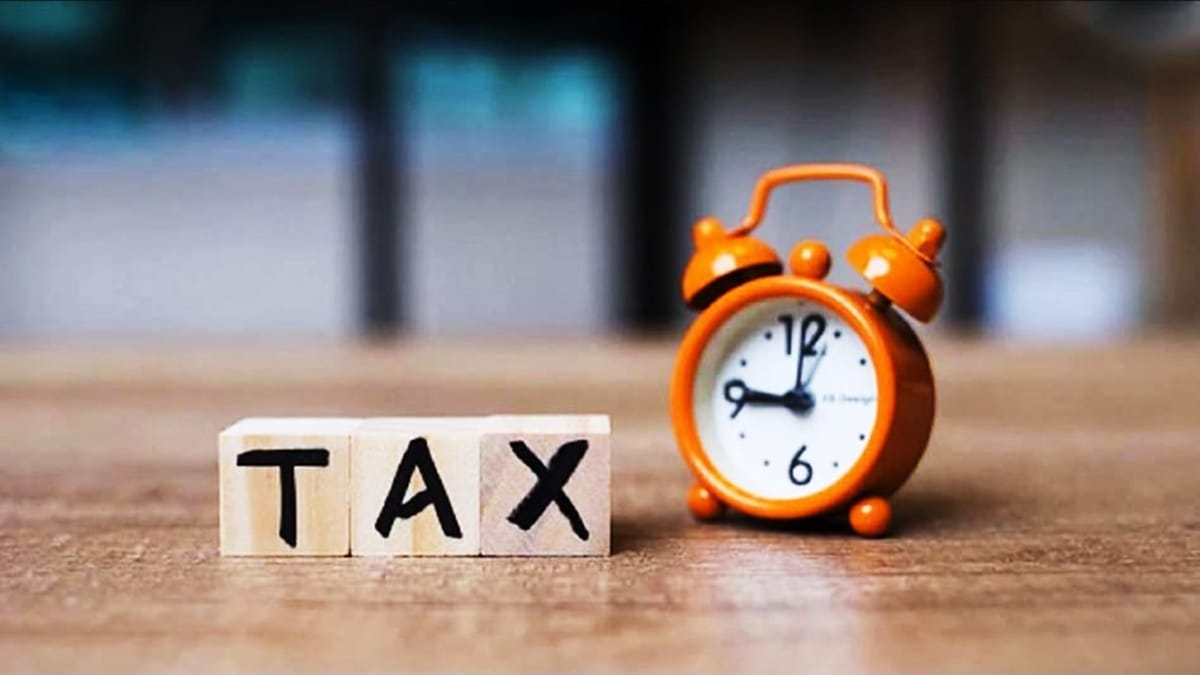The new financial year begins on April 1. Many changes will take impact in the new financial year. These modifications may have an effect on your finances and taxation.
Reetu | Mar 31, 2023 |

Income Tax Changes from April 1st 2023; Check Details
The new financial year begins on April 1. Many changes will take impact in the new financial year. These modifications may have an effect on your finances and taxation.
Here is a list of all the income tax changes that will take effect on April 1, 2023:
The income tax slabs under the new tax system have been changed in Budget 2023. The income tax slabs have been lowered from six to five, according to the statement.
The new income tax slabs under the new tax regime are as follows:
| Income range (In Rs) | Income tax rate (%) |
| 0 to 3,00,000 | 0 |
| 3,00,000 to 6,00,000 | 5 |
| 6,00,000 to 9,00,000 | 10 |
| 9,00,000 to 12,00,000 | 15 |
| 12,00,000 to 15,00,000 | 20 |
| Above 15 lakh | 30 |
The new income tax slabs under the new tax system will go into force on April 1, 2023, for the financial year 2023-24. Please keep in mind that new income tax rates under the new tax regime will apply to all income generated in FY 2023-24, assuming you select for the new tax regime in FY 2023-24.
Individuals with taxable revenue of up to Rs 7 lakh who choose the new tax system in FY 2023-24 are not required to pay tax. This is because the tax refund under Section 87A of the Income-tax Act of 1961 has been increased from Rs 12,500 to Rs 25,000 under the new tax system. Thus, under the new tax system, no tax will be due if an individual’s taxable income (after claiming all qualifying exemptions) does not surpass Rs 7 lakh.
The base exemption limit has been raised to Rs 3 lakh, an increase of Rs 50,000, as a result of changes in the income tax slabs under the new tax system. Until the financial year 2022-23, the basic exemption ceiling for all people, regardless of age, was Rs 2.5 lakh.
Individuals who choose the new tax regime in FY 2023-24 will not have to pay taxes or submit income tax returns if their annual income does not surpass Rs 3 lakh.
Budget 2023 has also expanded the advantage of the Rs 50,000 standard deduction to salaried people and pensioners under the new tax system beginning in the financial year 2023-24. Similarly, family retirees who choose the new tax system will be qualified for a statutory deduction of Rs 15,000 as well.
The standard deduction will assist salaried people lower their taxable revenue. For example, a person earning Rs 7.5 lakh will pay no tax under the new tax system because of the statutory deduction.
The new tax system has been designated as the default choice in Budget 2023. This means that unless you explicitly choose the previous tax regime, income tax on your earnings will be calculated using the new tax regime. Thus, when sending your investment statement to your workplace for fiscal year 2023-24, ensure that you have selected your preferred tax jurisdiction. If no choice is selected, the employer will collect tax according to the new income tax rates under the new tax system.
This also means that if an individual does not submit their income tax return (ITR) on or before the deadline, they will be unable to use the previous tax system to register their ITR.
In case of any Doubt regarding Membership you can mail us at contact@studycafe.in
Join Studycafe's WhatsApp Group or Telegram Channel for Latest Updates on Government Job, Sarkari Naukri, Private Jobs, Income Tax, GST, Companies Act, Judgements and CA, CS, ICWA, and MUCH MORE!"